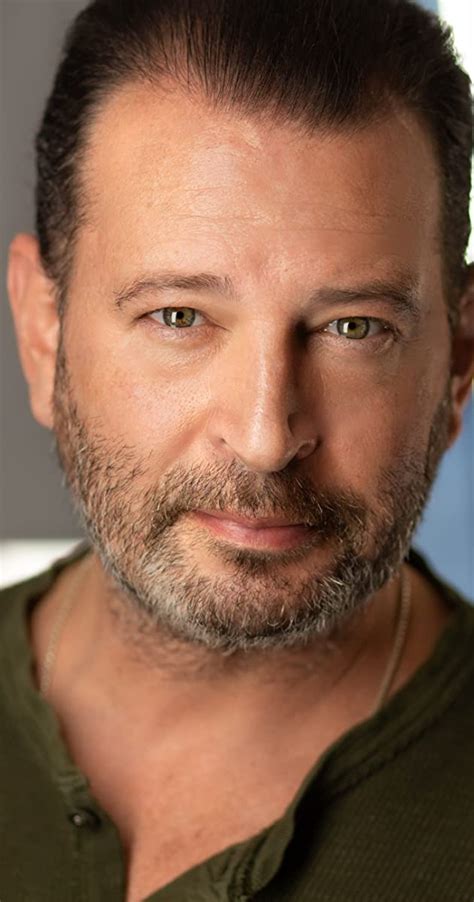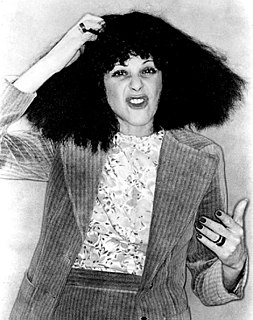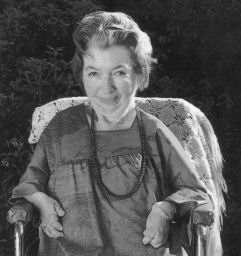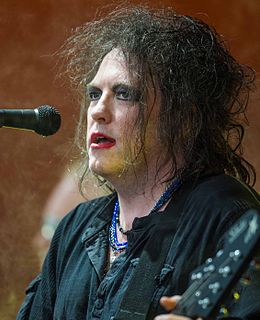A Quote by Melissa Rosenberg
I think stories do have an ending. I think they need to have an ending eventually because that is a story: a beginning, middle and end. If you draw out the end too long, I think storytelling can get tired.
Related Quotes
When I set out to write a screenplay, I have in my mind a beginning and an end but that end part continually changes as I start to write the middle. That way by the time the screenplay is finished I have taken myself and my audience from a familiar beginning point through the story to an unfamiliar ending point.
I think one is naturally impressed by anything having a beginning a middle and an ending when one is beginning writing and that it is a natural thing because when one is emerging from adolescence, which is really when one first begins writing one feels that one would not have been one emerging from adolescence if there had not been a beginning and a middle and an ending to anything.
I let myself go at the beginning and write with an easy mind, but by the time I get to the middle I begin to grow timid and to fear my story will be too long. . .That is why the beginning of my stories is always very promising and looks as though I were starting on a novel, and the middle is huddled and timid, and the end is...like fireworks.
Humanity's legacy of stories and storytelling is the most precious we have. All wisdom is in our stories and songs. A story is how we construct our experiences. At the very simplest, it can be: 'He/she was born, lived, died.' Probably that is the template of our stories - a beginning, middle, and end. This structure is in our minds.
I think one of the problems in determining the ending for a television series is that you don't know how long the show is gonna last. Particularly because we were in the unique position of adapting Tom's Perrotta novel The Leftovers, it always felt like the first season was gonna end with the end of Tom's novel, and then we would figure things out from there and look back.






































